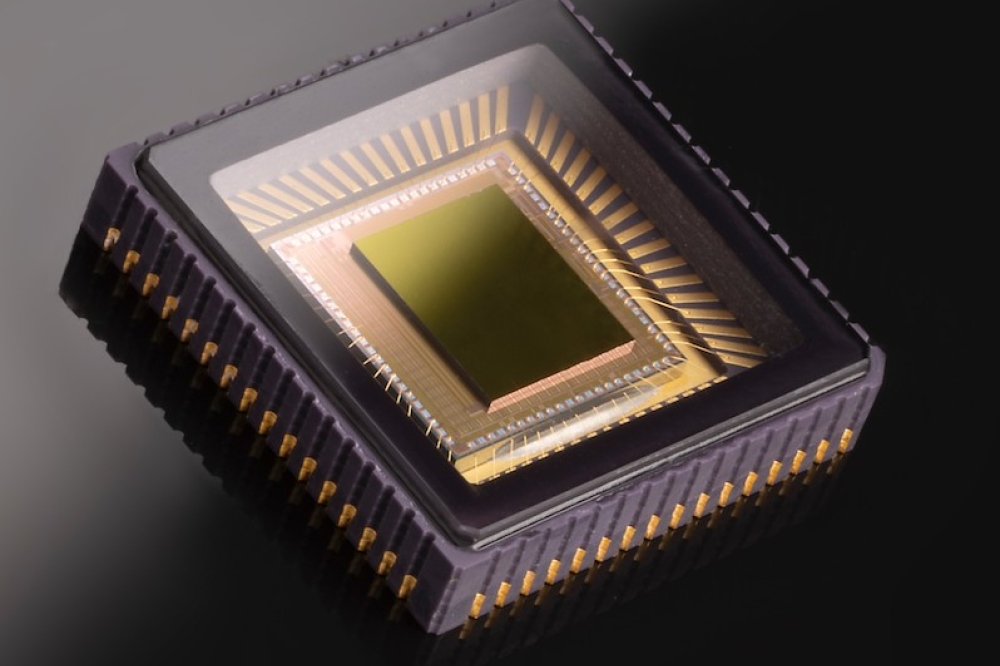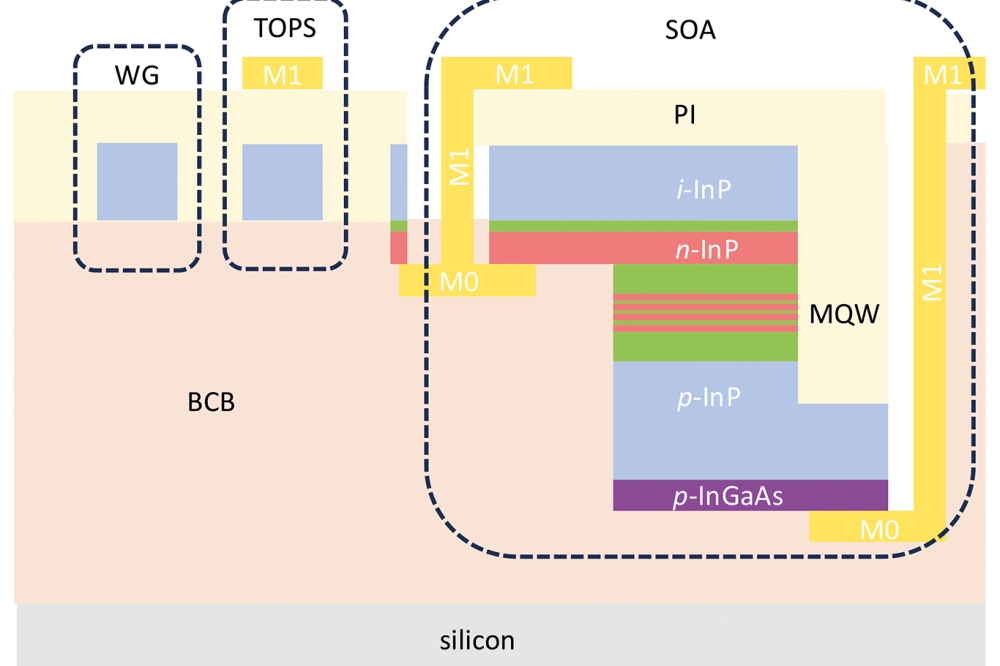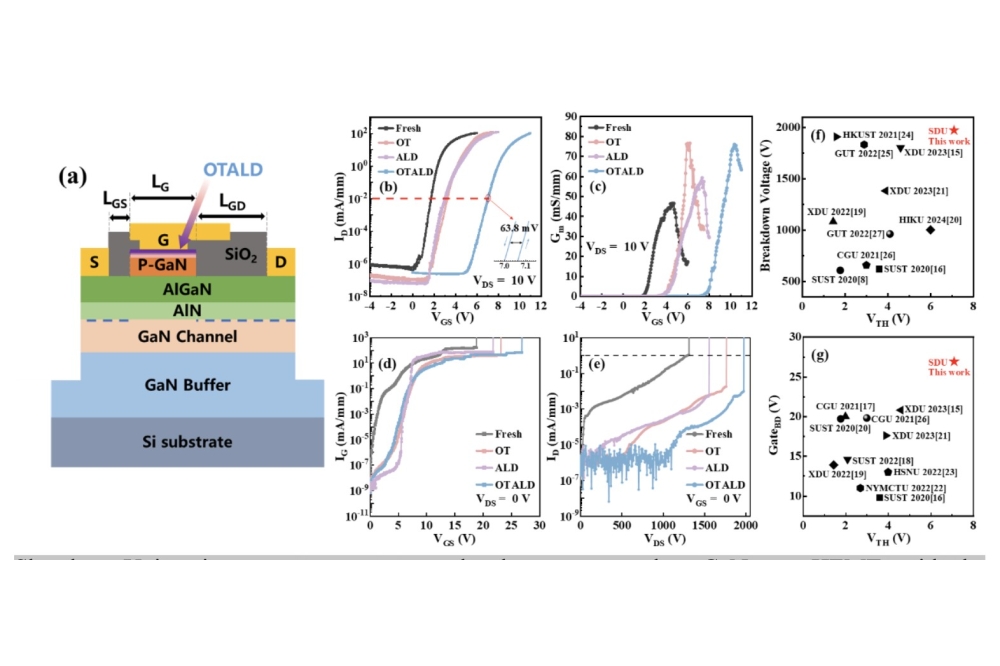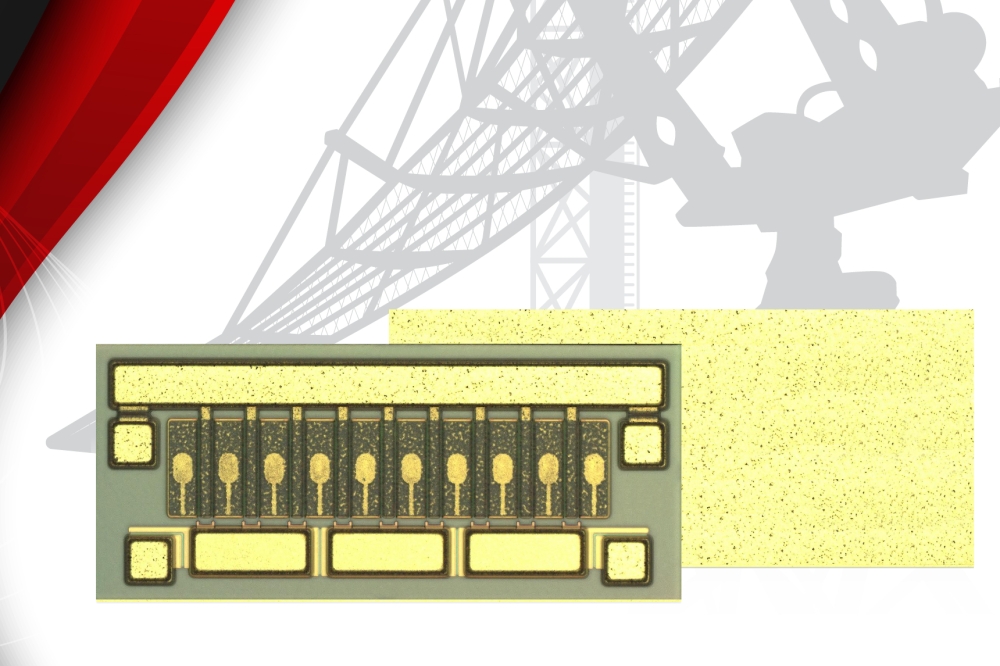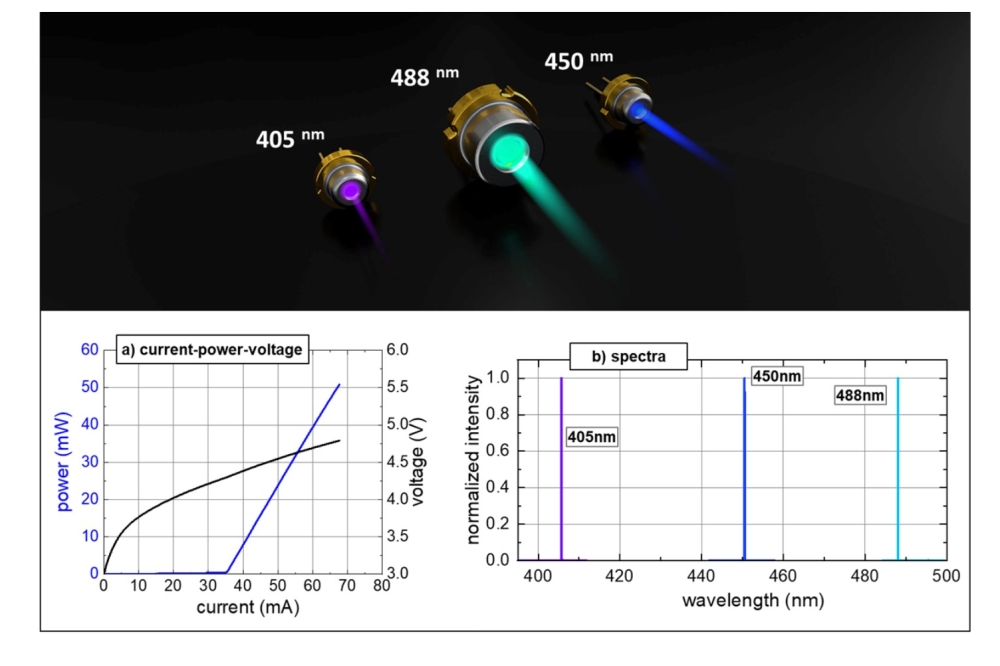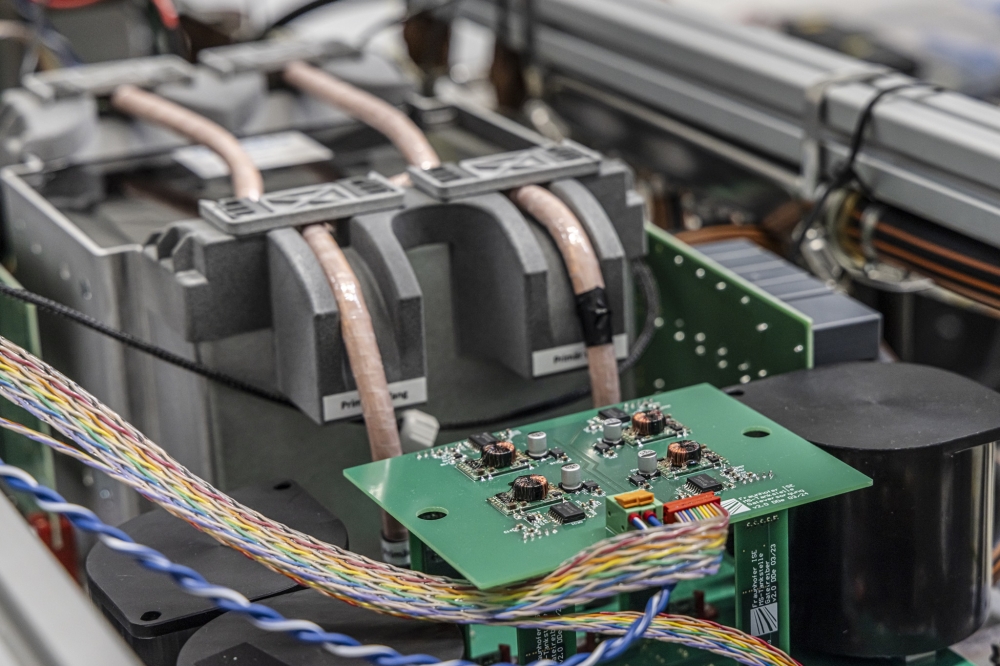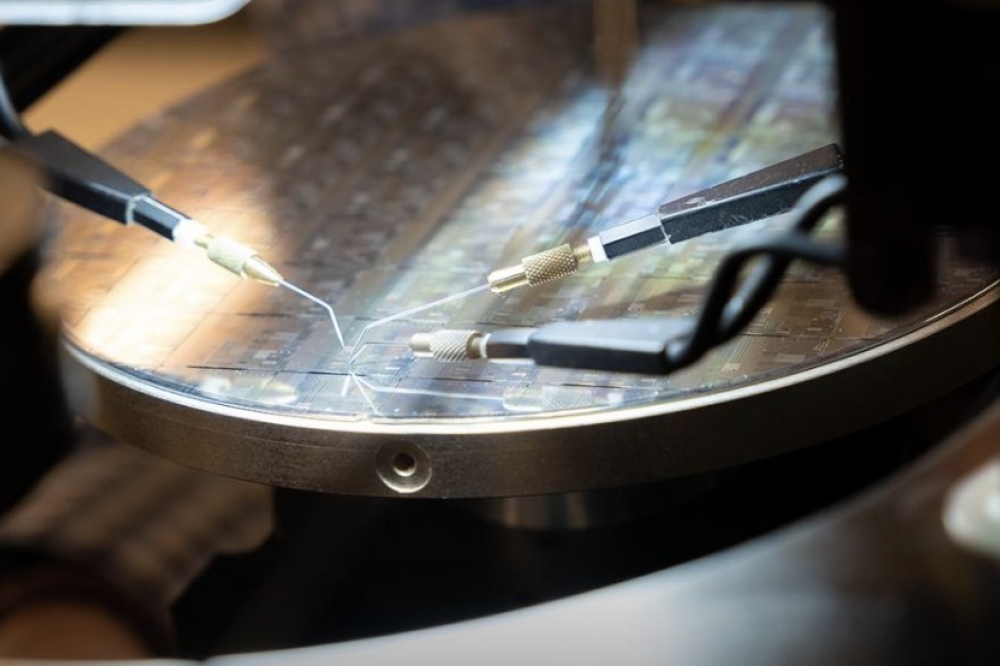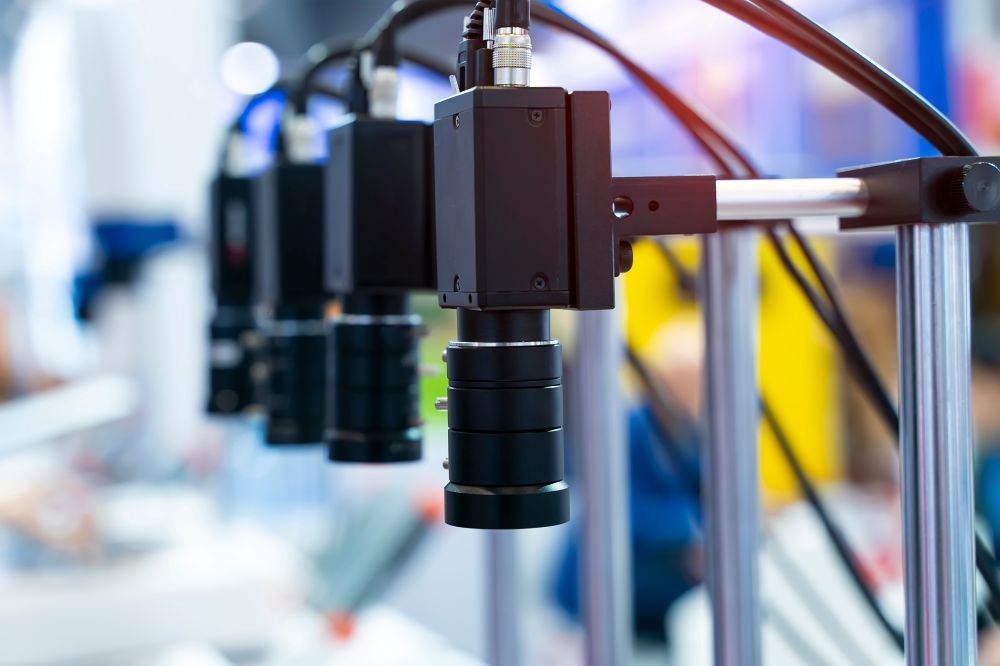Trumpf VCSELs to fly to space in quantum sensors
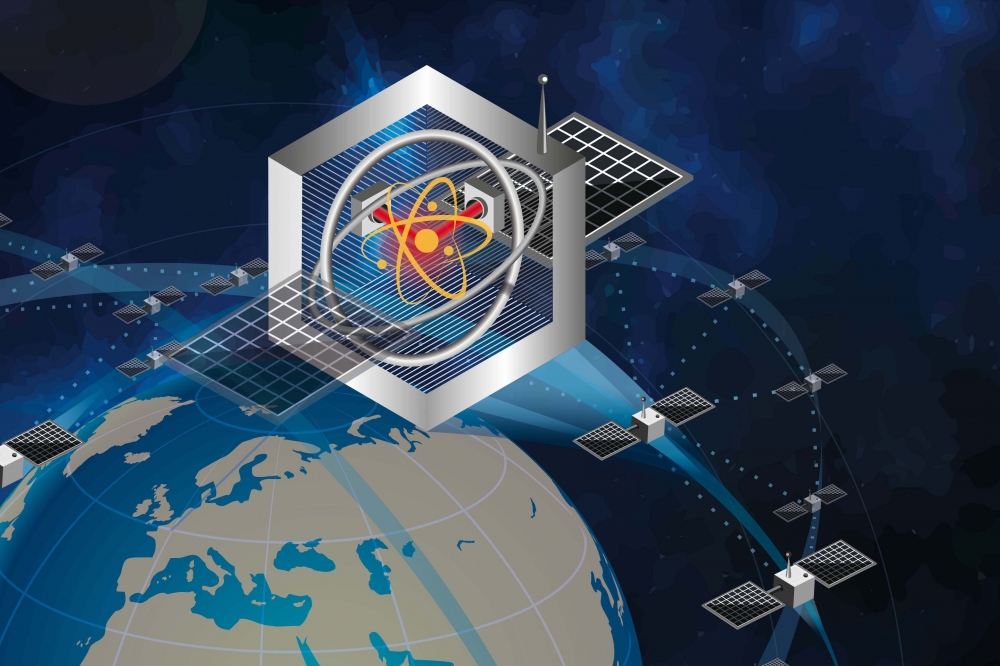
First satellite controlled by quantum technology is scheduled to be launched into space in 2027
Trumpf Photonic Components, has developed a high-power, single-mode VCSEL to be implemented in an altitude gyroscope sensor suitable for use in space. In a few years, the satellite with the quantum-based gyroscope should fly into space to generate highly precise attitude determination.
The development is part of a €28 million subsidy project called QYRO, strongly supported by the Federal Ministry of Education and Research in Germany. There are a number of partners in the project including quantum technology start-up Q.ANT, Bosch, Trumpf and the German Aerospace Center (DLR). The aim is to use quantum technology-based sensors to achieve high-precision attitude control of miniaturised satellites. The sensors enable the satellites to be aligned with each other and thus enable a high-speed connection for data communication.
The newly developed single-mode VCSEL is a 795 nm device with 10 mW of output power. This is ten times higher than the laser power this technology was able to offer in the past, according to Trumpf. The company says the VCSEL technology delivers the required stability over a wide range of temperatures and robustness demanded by this space application. The breakthrough in compactness and cost enabled by the VCSEL technology will also open up more applications in mass markets. Highly precise gyroscopes can be used in industry, logistics or even in autonomously driving cars.
“It’s great to be part of the subsidy project, and to combine various fields of expertise, push for innovations and strengthen Germany as photonics hub”, says Berthold Schmidt, CEO at Trumpf Photonic Components. “We can’t wait to see our VCSEL integrated into a mini satellite, to support worldwide high-quality data communication and to improve the availability of internet connections especially in remote regions”, Schmidt adds.























